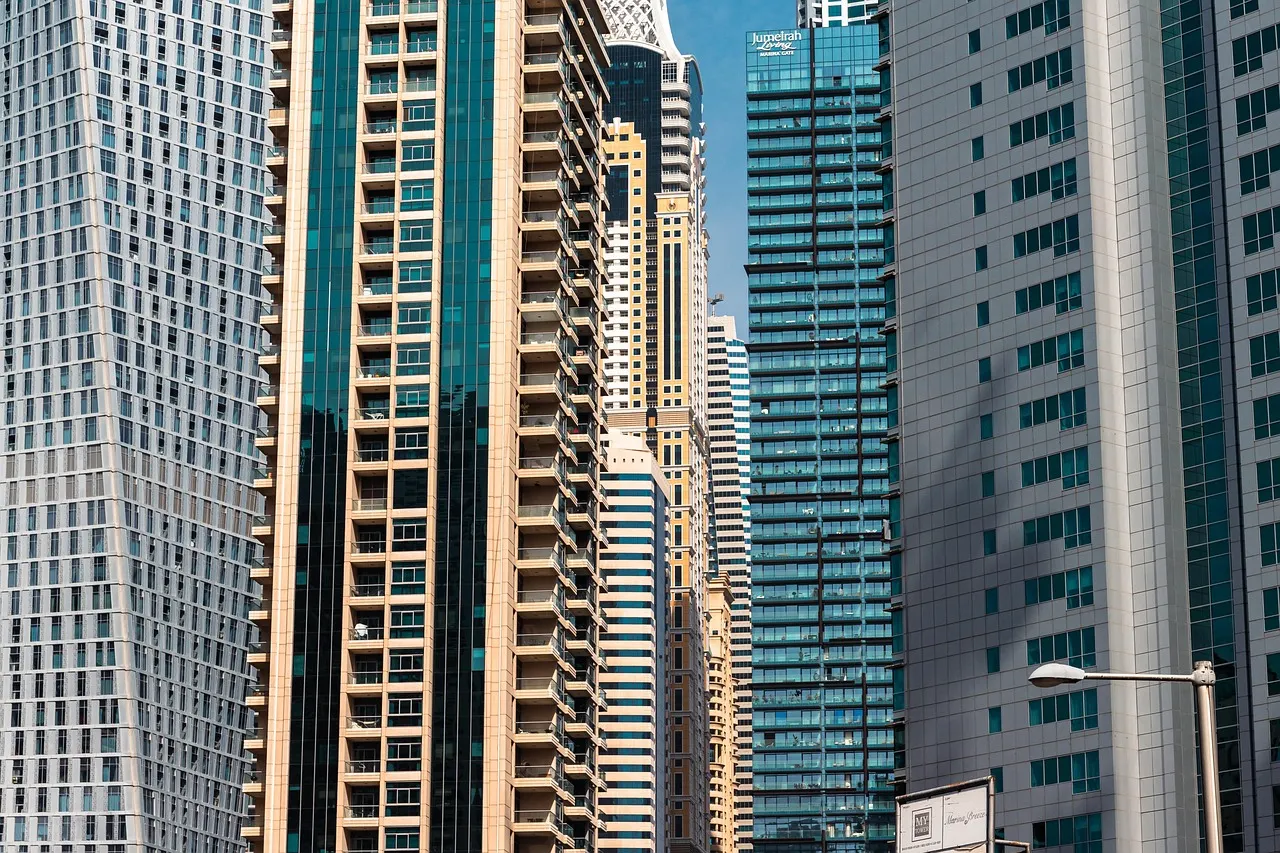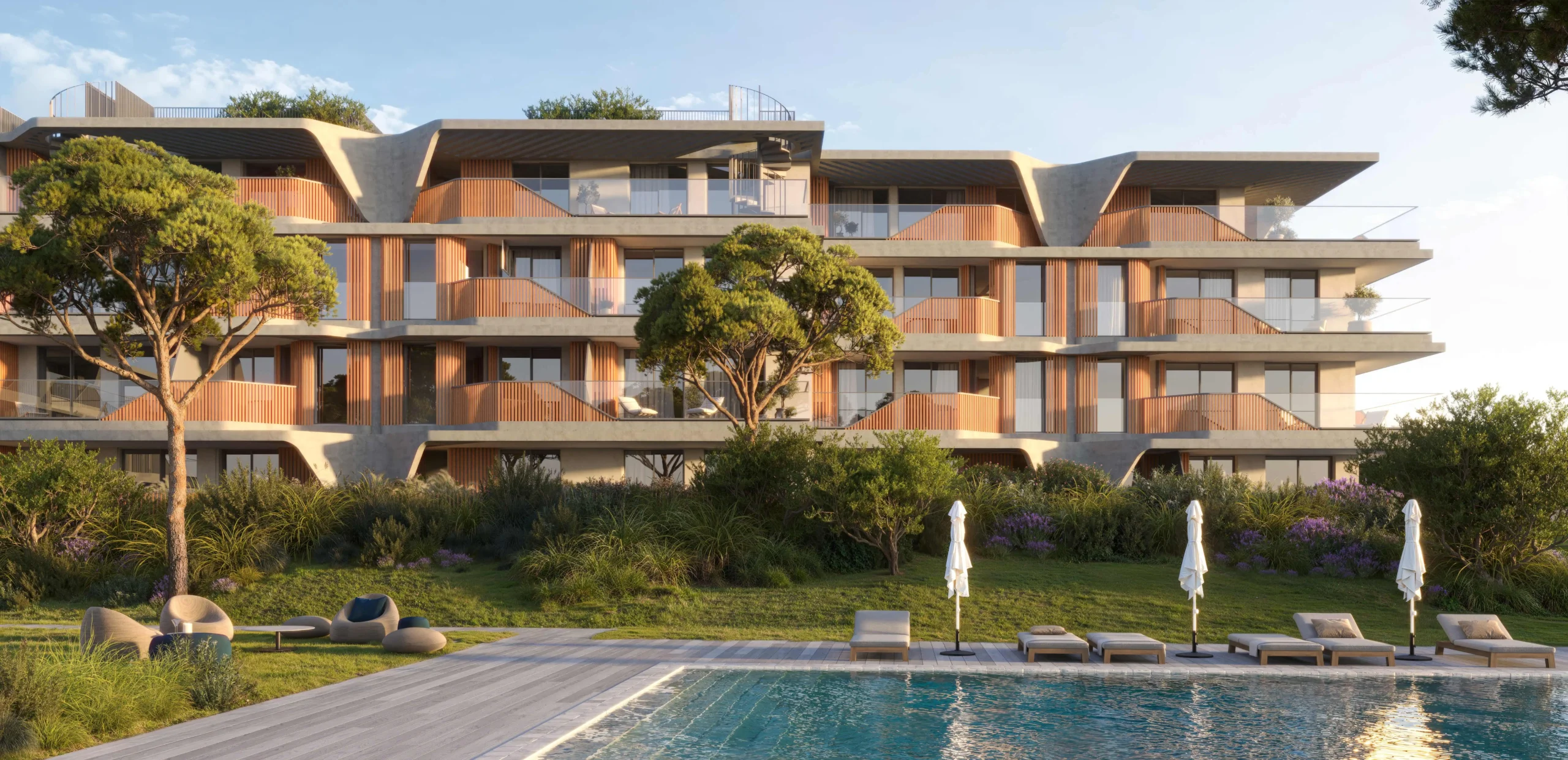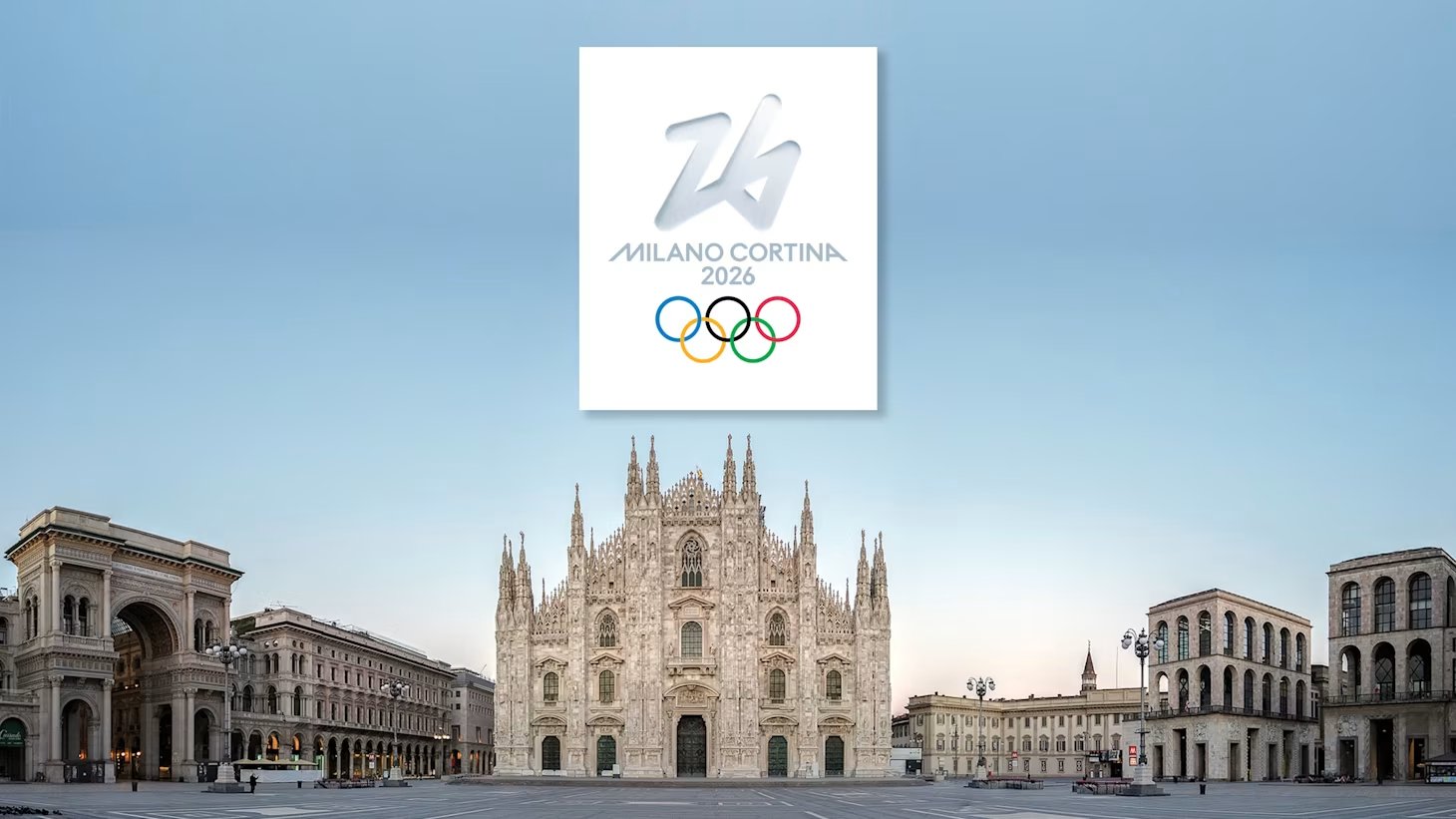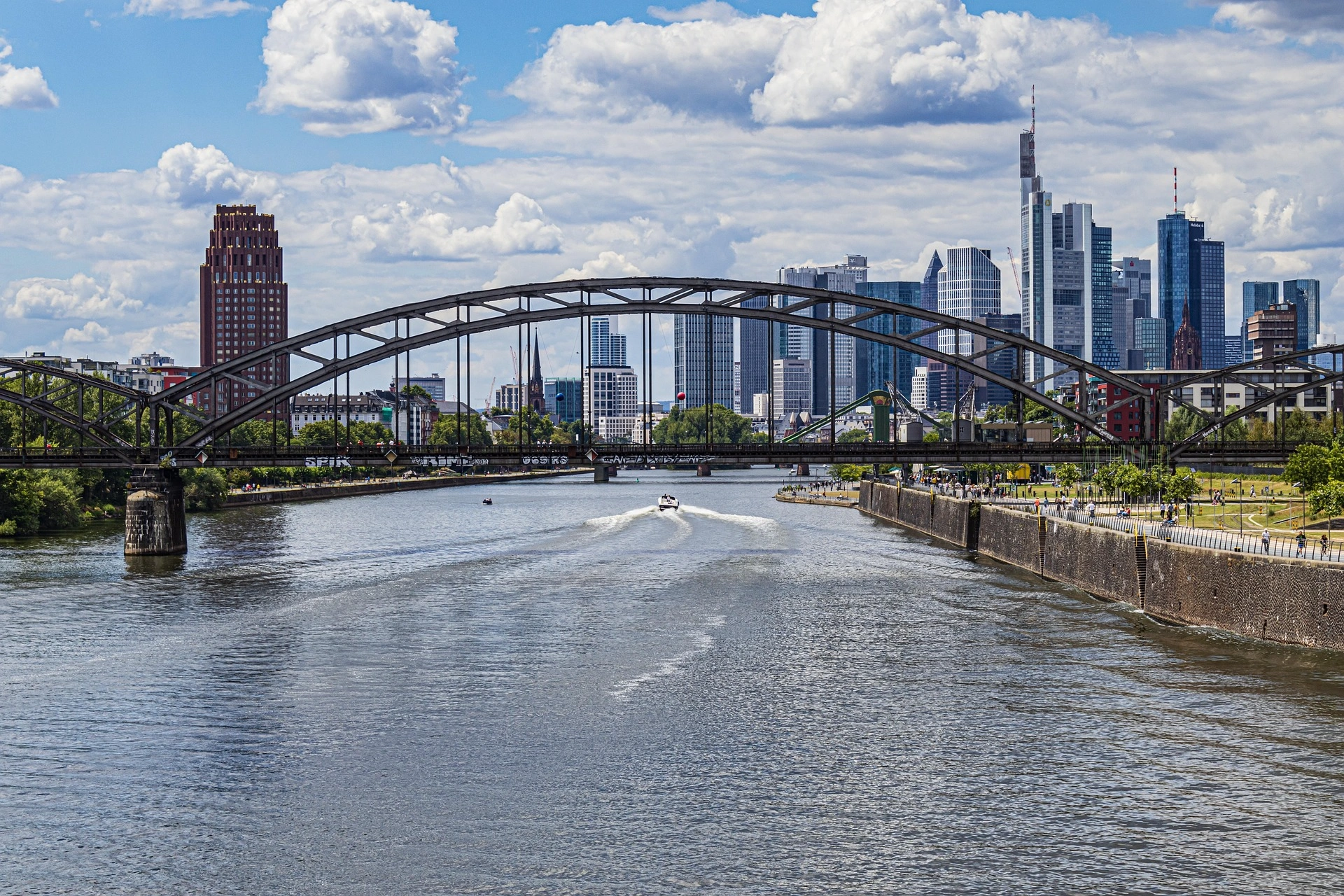Volvo’s bus plant in Borås powered solely by renewable energy

John E. Kaye
- Published
- News, Sustainability
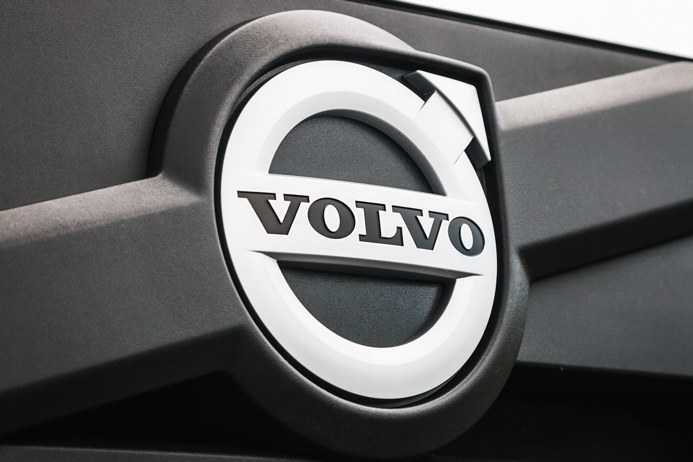
All the energy from Volvo’s bus plabt in Borås uses comes from renewable sources, such as hydropower and biofuels, which now makes the plant one of the first bus production facilities that relies solely on renewable energy. The factory’s overall energy consumption has also been reduced by 15 per cent in just the past few years.
Since the Volvo Buses production plant in Borås now solely relies on renewable energy for its operation, it has been certified by Volvo as a “Renewable Energy Facility”. The certification was issued following several steps designed to minimise the factory’s climate footprint.
Joakim Wretman, Production Manager at the Volvo Buses Borås plant says:
“We are of course very proud that we have reduced our climate impact by only using renewable sources and all the energy we purchase is fossil-free. The electricity comes from hydropower, our district heating is provided by biofuels, and the fork-lift trucks in the factory run on electricity or HVO, which is a renewable fuel,”.
The factory in recent years has also implemented several measures that together cut energy consumption by 15 per cent.
“For instance, we have replaced conventional fluorescent bulbs with LED light fittings and the manufacturing plant’s lighting is regulated automatically so it is only active during actual production. We also ensure that no electricity-consuming equipment remains switched on when it is not needed,” adds Joakim Wretman. “We have noted immense enthusiasm on the part of all our employees, and our local partner has contributed both know-how and practical solutions.”
In order to reduce the plant’s climate footprint, cooperation is needed. Another example of this is the Borås factory’s participation in Autofreight, a project designed to reduce transportation between the Viared Logistics Park and the Port of Gothenburg. It’s a solution that already from day 1 helped cut CO2 emissions by about 30 per cent.
Reducing the climate impact of production is one of numerous aspects of Volvo Buses’ environment-enhancing work.
“We regard our products in a lifecycle perspective and work tirelessly to reduce our environmental impact at every stage, from production, to daily operation, reuse and recycling. Up-to-date examples are our ongoing projects for repurposing our electric bus batteries, which can now enjoy a second life as energy storage units in homes,” explains Andreas Carlén, Energy Efficiency & Environment Director at Volvo Buses.
For the Daily News and Energy follow The European Magazine.
RECENT ARTICLES
-
 WPSL targets £16m-plus in global sponsorship drive with five-year SGI partnership
WPSL targets £16m-plus in global sponsorship drive with five-year SGI partnership -
 Dubai office values reportedly double to AED 13.1bn amid supply shortfall
Dubai office values reportedly double to AED 13.1bn amid supply shortfall -
 €60m Lisbon golf-resort scheme tests depth of Portugal’s upper-tier housing demand
€60m Lisbon golf-resort scheme tests depth of Portugal’s upper-tier housing demand -
 2026 Winter Olympics close in Verona as Norway dominates medal table
2026 Winter Olympics close in Verona as Norway dominates medal table -
 Europe’s leading defence powers launch joint drone and autonomous systems programme
Europe’s leading defence powers launch joint drone and autonomous systems programme -
 Euro-zone business activity accelerates as manufacturing returns to expansion
Euro-zone business activity accelerates as manufacturing returns to expansion -
 Deepfake celebrity ads drive new wave of investment scams
Deepfake celebrity ads drive new wave of investment scams -
 WATCH: Red Bull pilot lands plane on moving freight train in aviation first
WATCH: Red Bull pilot lands plane on moving freight train in aviation first -
 Europe eyes Australia-style social media crackdown for children
Europe eyes Australia-style social media crackdown for children -
 These European hotels have just been named Five-Star in Forbes Travel Guide’s 2026 awards
These European hotels have just been named Five-Star in Forbes Travel Guide’s 2026 awards -
 McDonald’s Valentine’s ‘McNugget Caviar’ giveaway sells out within minutes
McDonald’s Valentine’s ‘McNugget Caviar’ giveaway sells out within minutes -
 Europe opens NanoIC pilot line to design the computer chips of the 2030s
Europe opens NanoIC pilot line to design the computer chips of the 2030s -
 Zanzibar’s tourism boom ‘exposes new investment opportunities beyond hotels’
Zanzibar’s tourism boom ‘exposes new investment opportunities beyond hotels’ -
 Gen Z set to make up 34% of global workforce by 2034, new report says
Gen Z set to make up 34% of global workforce by 2034, new report says -
 The ideas and discoveries reshaping our future: Science Matters Volume 3, out now
The ideas and discoveries reshaping our future: Science Matters Volume 3, out now -
 Lasers finally unlock mystery of Charles Darwin’s specimen jars
Lasers finally unlock mystery of Charles Darwin’s specimen jars -
 Strong ESG records help firms take R&D global, study finds
Strong ESG records help firms take R&D global, study finds -
 European Commission issues new cancer prevention guidance as EU records 2.7m cases in a year
European Commission issues new cancer prevention guidance as EU records 2.7m cases in a year -
 Artemis II set to carry astronauts around the Moon for first time in 50 years
Artemis II set to carry astronauts around the Moon for first time in 50 years -
 Meet the AI-powered robot that can sort, load and run your laundry on its own
Meet the AI-powered robot that can sort, load and run your laundry on its own -
 Wingsuit skydivers blast through world’s tallest hotel at 124mph in Dubai stunt
Wingsuit skydivers blast through world’s tallest hotel at 124mph in Dubai stunt -
 Centrum Air to launch first European route with Tashkent–Frankfurt flights
Centrum Air to launch first European route with Tashkent–Frankfurt flights -
 UK organisations still falling short on GDPR compliance, benchmark report finds
UK organisations still falling short on GDPR compliance, benchmark report finds -
 Stanley Johnson appears on Ugandan national television during visit highlighting wildlife and conservation ties
Stanley Johnson appears on Ugandan national television during visit highlighting wildlife and conservation ties -
 Anniversary marks first civilian voyage to Antarctica 60 years ago
Anniversary marks first civilian voyage to Antarctica 60 years ago


